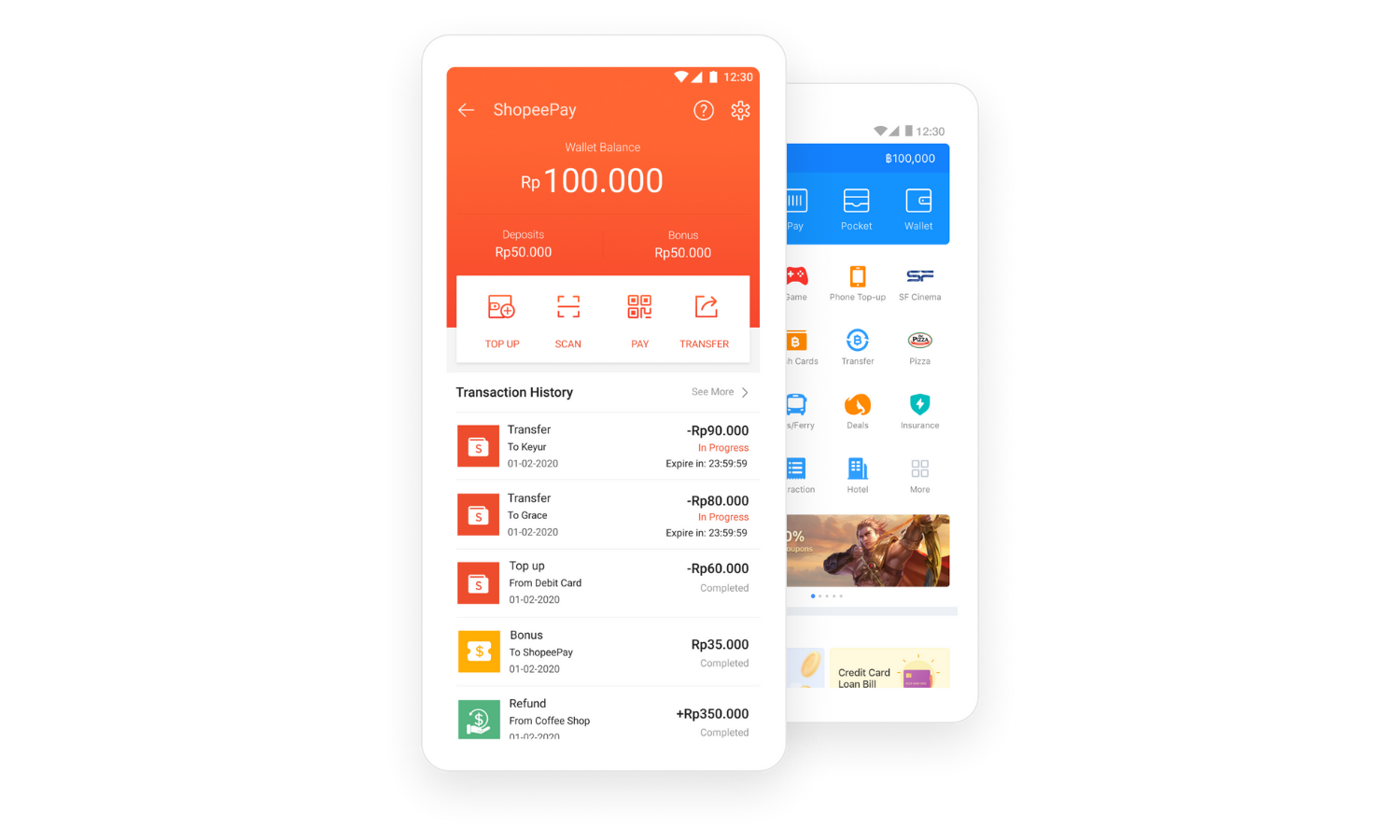Two undervalued e-commerce businesses with enormous scope for growth
.jpg)
Antipodes
For investors in the crowded global ecommerce space, there’s little room for error.
While high-multiple businesses focussed on developed western markets garner most of the attention, businesses that provide exposure to increasing ecommerce penetration in emerging markets with enormous addressable markets, continue to trade at attractive prices.
Sea Limited (NYSE: SE) and MercadoLibre (NASDAQ: MELI) are two companies dominating in both Southeast Asia and Latin America.
The markets
In Southeast Asia and Latin America, e-commerce penetration remains low relative to other regions in the world. Both regions currently have e-commerce penetration rates at around 13% of retail sales and this has increased significantly from around 5% prior to COVID-19.
The digitisation process and especially the banking process will present immense opportunities for e-commerce over the next decade.
In particular, in Latin America more than half of the population is either unbanked or under-banked, meaning a huge chunk of the population doesn’t even have a credit card to shop online. This is creating opportunities for players such as MercadoLibre.
Yes there are an increasing number of companies eying a slice of this this lucrative e-commerce space, but in reality, we are in the early innings of this opportunity in Southeast Asia and Latin America.
The opportunities
Whilst the market opportunity is compelling, we are particularly attracted to Sea Limited and MercadoLibre due to their market leading positions within their respective core markets.
E-commerce marketplaces tend to have very strong network effects, with more sellers and choice on the platform leading to more buyers and vice versa. These strong network effects tend to lead to leading e-commerce marketplaces consolidating market share within their respective markets.
Both Sea Limted and MercadoLibre are clear leaders in their core markets across all key metrics – gross merchandise value/market share, monthly active users, and daily active users and monthly active users.
For example, 25% of Latin America’s SMEs (small and medium-sized enterprises) attribute at least 50% of their annual revenue to MercadoLibre.
MercadoLibre's ecosystem plays a huge part in this advantage. It provides the software platform from operating an online shop, direct control of the logistics system that delivers products, and a platform for a company's banking inside Pago (Mercado's payments platform) that's integrated with the marketplace.
Mercado runs rings around some competitors who are unable to provide this comprehensive ecosystem. As such, we believe both businesses have built very strong moats around their e-commerce businesses.
Importantly, these companies also provide robust exposure to the nascent opportunity in Fintech that arises from large unbanked and underbanked populations.
In Southeast Asia, there are some 200 million adults without a bank account, and a further 100 million adults that are classified as underbanked (i.e. have a bank account, but limited access to financial services including credit). This means that around 75% of the adult population is either unbanked or underbanked.
We believe that both companies are in a strong position to fill the void by virtue of the large existing customer bases that they have from their market leading e-commerce businesses.
Domestic competitors have been unable to compete on breadth of product largely retained to first party business models - they do not have the full service ecosystem that Mercado offers.
Both companies encourage payment on their e-commerce platforms via digital wallets (MercadoPago for MercaoLibre and SeaMoney for Sea Ltd.). This wallet can then be used as a gateway for a broader range of financial services such as online & offline payments, credit, insurance, wealth management and even a full-service bank account.
We have seen evidence of this playbook being executed in China, with Alibaba and Ant Financial.

SeaMoney’s Shopee Pay App (image: seamoney.com)
The outlook
MercadoLibre’s retail sales in LATAM are forecast to increase from US$650 billion in 2021 to US$900 billion by 2025.
For Sea Limited, retail sales (excl. auto sales & fuel) in its core Southeast Asian market is forecast to increase from US$750 billion in 2021 to US$1 trillion by 2025.
It is worth noting that Sea Limited has also started taking its Shopee e-commerce business to other regions in the world. They are targeting regions where e-commerce penetration in long-tail (niche) categories, which is Shopee’s strength, is still low.
So far, the company has entered or plans to enter LATAM, India, Europe and the Middle East.
Adding these regions into the mix increases Shopee’s 2025 e-commerce total addressable market by 3.5x - from US$250 billion in Southeast Asia only, to US$950 billion across all of these regions.
Shopee’s successful launch in LATAM, where it has already become the number two player in terms of monthly active users in a little over a year gives us confidence that they will be able to replicate this success in other regions of the world.
Keep up to date with the latest global investing insights from Antipodes
Visit the Antipodes website or follow the team on Linkedin
2 topics
.jpg)
Expertise
.jpg)
.jpg)